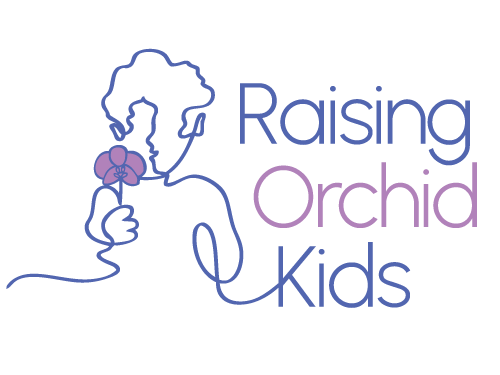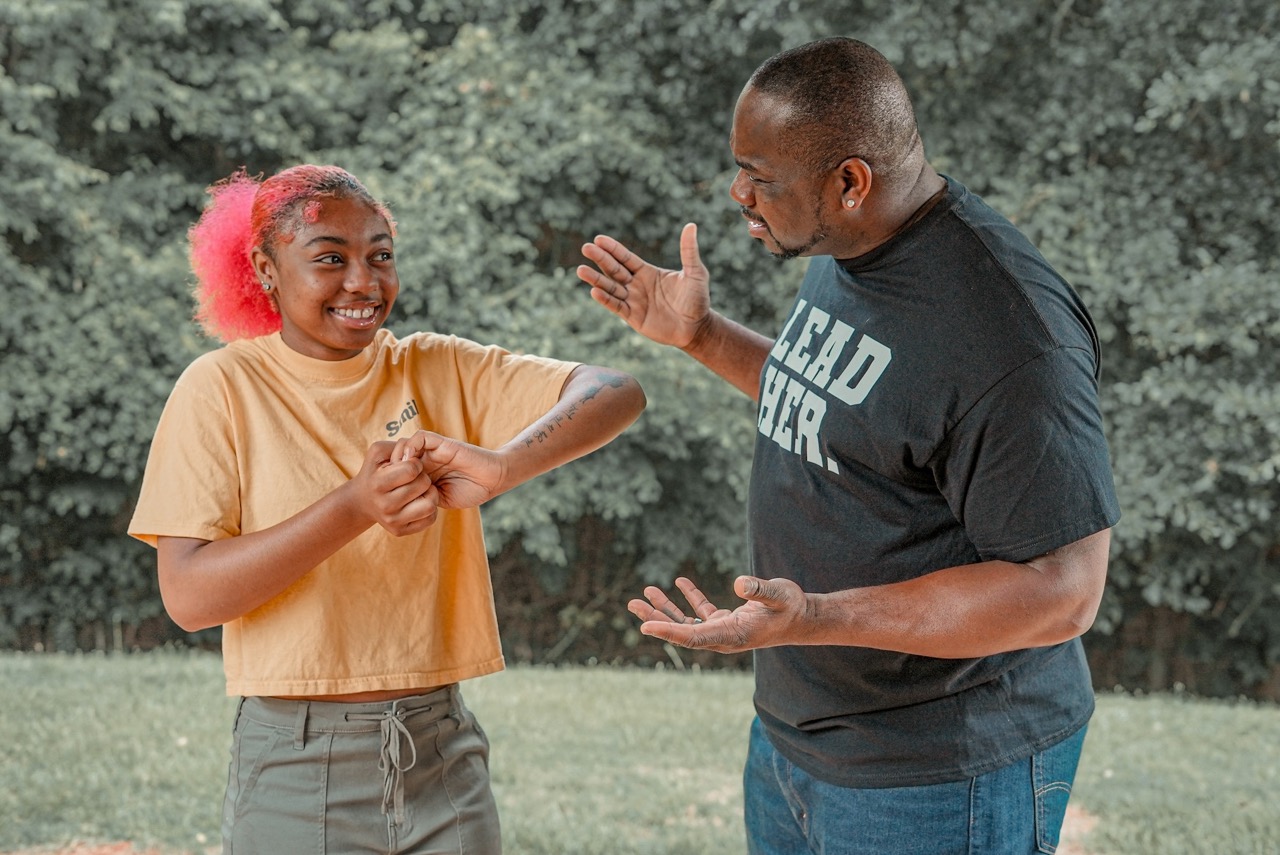When raising a child with a neurodivergent brain, it’s important to emphasize that all brains are different. Changing the way you talk about brains to your child can positively shift their perspective and sense of self-worth. Read on to get the talking points.
Change the way you talk about neurodivergent brains
If you’re raising an Orchid Kid, you’ve probably said some version of this sentence: “Your brain is just wired differently.”
It comes from a good place. A loving place. You’re trying to help your child understand why things might feel harder—or easier—for them than for other kids. You’re offering language to explain the meltdowns, the brilliance, the intense emotions, the superpowers and the struggles.
But here’s something we’ve learned from walking this road with lots of families whose children have neurodivergent brains. Saying these exact words–“your brain is different”– to an Orchid Kid doesn’t always land the way we hope it will.
In fact, it can land as follows:
“You’re other.”
“You don’t belong.”
“There’s something wrong with you.”
That’s not what we mean. But it’s what many kids, especially sensitive, emotionally attuned Orchid Kids, hear.
A healthier way to talk about neurodivergent brains
So now we know what not to say. How do we phrase it? How do we said it differently? Here’s our key reframe that shifts perspective:
Instead of saying “your brain is different” say “all brains are different.”
It’s a small shift in words. But it’s a big shift in message.
When we say “all brains are different” we’re telling the truth—capital T Truth. Human brains are wildly diverse. Every single one is unique. Even so-called “typical” brains have their quirks, their strengths, their growth edges. Case in point:
- Some kids move fast. Some need time to warm up.
- Some love numbers. Others think in pictures.
- Some kids bounce through the world with boundless energy. Others crave deep stillness and quiet.
- Some find transitions unbearable. Some thrive on novelty.
All of it is normal. All of it is real.
When we explain neurodiversity in the context of “everyone’s different” rather than “you’re different” we create space–space for our kids to feel part of the human story, not outside of it. In this context, we embrace inclusion. We celebrate our differences. Sameness was never the goal when it comes to brains, neurodivergent or otherwise.
That said, we’re not minimizing the challenges of having a neurodivergent brain. What we are doing is normalizing the existence of difference. Because the opposite of different isn’t “normal.” The opposite of different is “same.” And sameness was never the goal.
Language builds identity
When a child hears “your brain is different,” especially in the middle of a hard moment—like when they’re melting down, or struggling to follow a classroom routine—they may start to equate difference with deficiency.
Even if we add “and that’s a good thing!” at the end, the emotional message has already landed. But when we say “all brains are different,” we’re offering a frame where their experience belongs. We’re helping them build an identity that isn’t rooted in what’s “wrong” with them—but in what’s true about everyone.
This shift doesn’t erase the specific needs our Orchid Kids have–it just places those needs in a wider, more compassionate context. This is what it tells them:
- You are not broken.
- You are not alone.
- You are a full, complex, completely human being—just like everyone else.
Try these talking points at home
Talking about neurodivergent brains is not about avoiding difference. It’s about offering difference with belonging. If your Orchid Kid is struggling with something that seems easy for other kids, try these talking points:
“Every brain has things it does really easily and things that take more effort. Yours is no different.”
“Your brain likes to go deep into one thing at a time. Some brains jump between lots of things quickly. Both happen.”
“Your brain and [sibling’s/friend’s/teacher’s] brain work differently— we can figure out what helps your brain feel good.”
Or even simply:
“All brains are different. Here’s what we know about yours . . .”
Kids listen more than you might think
Our kids are always listening—to our words, yes, but also to our tone, our energy, the stories we tell about who they are. When we make a small shift from “your brain is different” to “all brains are different” we’re planting a seed. Notice how the following changes everything: “You are not the problem. You are part of the beautiful variety of what it means to be human.”
Let us know how this lands for you. And if you need more help unpacking how to talk to your Orchid kiddo about their differences along with strategies to manage Orchid parenting life in general, we have our next Practical Strategies Core Course starting on September 18th. More info about the course is here.
Photo by Anthony McKissic on Unsplash

